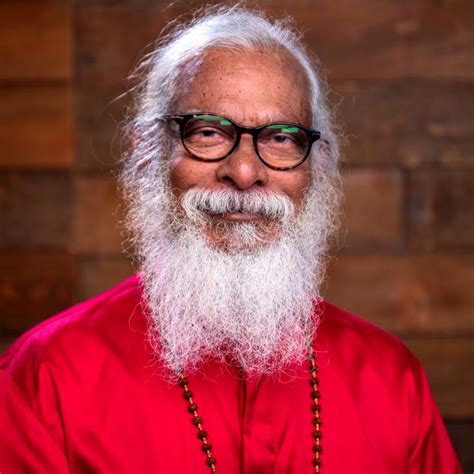A Quote by Henry Ward Beecher
Truthfulness is godliness.
Quote Topics
Related Quotes
God's word tells us that righteousness is a gift; it cannot be earned. But godliness is not a gift. We must pay a price to touch godliness through a daily decision to die to self and embrace the cross. God calls us to learn godliness in the classroom of life among people as we sit on airplanes and buses, walk among our neighbors and labor at our factories or desks.
What the Latins have done in this text (1 John v, 7) the Greeks have done to Paul (1 Tim. iii, 16). They now read, "Great is the mystery of godliness; God manifest in the flesh"; whereas all the churches for the first four or five hundred years, and the authors of all the ancient versions, Jerome as well as the rest, read, "Great is the mystery of godliness, which was manifest in the flesh." Our English version makes it yet a little stronger. It reads, "Great is the mystery of godliness: God was manifest in the flesh."
The only legitimate interpretation of the concept of the "public" is that it's a highly heterogeneous group of people, and I cannot imagine who has the right to speak on their behalf using a "public" voice. If the multiplicity of the environment is its true nature, then my works defend this truthfulness. The greatest fairness in society is to defend the difference between each individual - the fairness and truthfulness of their inconsistency and differentiation.
By `God` I mean godliness; the whole existence is full of godliness. And when you will come to know, you will not see a god standing before you, you will see the trees as divine, the rocks as divine, the people as divine, the animals as divine. God is spread all over the place, from the pebble to the star, from the blade of grass to the sun - it is all divine.


































